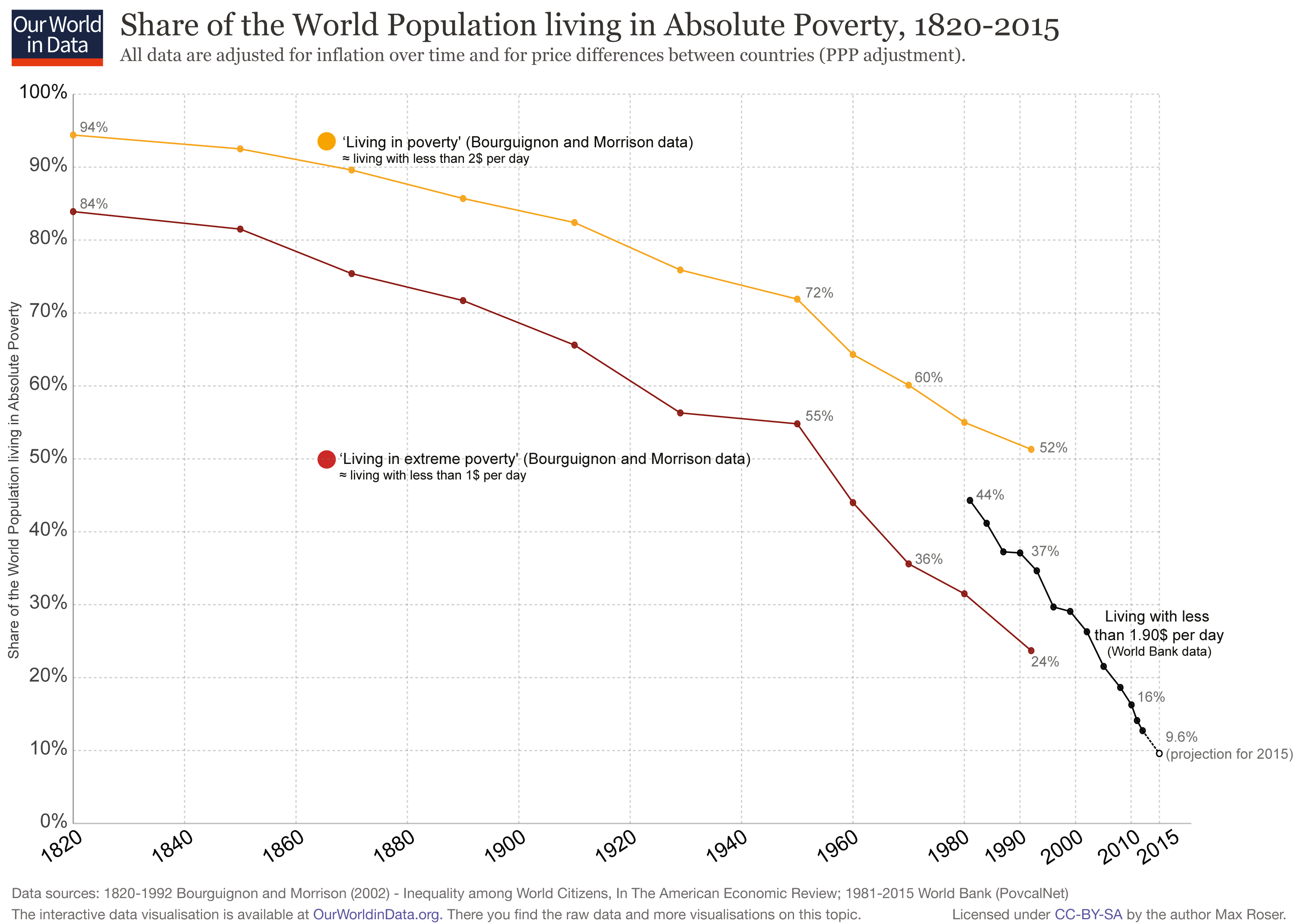You also made a positive claim, which is why I asked you to back it up.
But since you asked....
Climate Change, Water and Food Security. 200 page United Nations report
http://www.fao.org/docrep/014/i2096e/i2096e.pdf
Impacted areas by 2100. I'm guessing some of those are "agricultural areas."
View attachment 67239071
A sampling of recent articles
https://www.nature.com/articles/nclimate2317
Prioritizing Climate Change Adaptation Needs for Food Security in 2030 | Science
https://www.nature.com/articles/nclimate1585
And of course, one should look at IPCC AR5 Impacts, Part 1, pp 485-534, "Food Security and Food Production." Just a few key points:
• Climate change is already impacting agriculture, with more negatives than positives.
• Rising CO2 stimulates yields -- but rising O3 damages yields. CO2 also promotes the growth of invasive weeds.
• Climate change is affecting land and marine food sources.
• "Studies have documented a large negative sensitivity of crop yields to extreme daytime temperatures around 30°C." Raise your hand if that surprises you.
• These impacts are likely to cause food prices to rise significantly by 2050.
Yes... And because the globe is warmer than it was in 1850, this means that those types of changes to the jet stream are more likely to cause heat waves and droughts than in the pre-industrial era.
For those who have no clue about "weather science" (more commonly known as "meteorology," though we're really discussing climate science), I will type the following metaphor slowly:
If you have a 100ml cylinder that contains 50ml of water, and you add 25ml of water, then it's not going to overflow. However, if you have 80ml of water in your cylinder, and you add the same 25ml, what happens? It overflows. The higher initial level of water did not cause anyone to pour the additional 25ml into the cylinder, but it did result in the overflow.
See how that works?
That doesn't mean that you can grow grains at any temperature, or that all grains are completely immune to drought. (We haven't even discussed livestock.) You didn't miss the part about how higher global temperatures cause more droughts, right...?
That's quite the claim. Have fun proving that.
Ooooh, so close.
Hunger is, for the most part, unnecessary. But not for the reasons you're citing.
Agricultural yields are
more than sufficient to feed everyone on the planet, and that's been the case for years and years. We could easily afford to feed the entire world. Prices are not the main impediment.
Government policies have a variety of effects -- some drive prices up, but many drive prices down. For every ethanol mandate and tariff, there are a dozen subsidy programs which reduce prices. E.g. corn in the US is incredibly cheap and ubiquitous (HFCS anyone?) due to subsidies.
Many famines today don't happen because of a simple shortage of food. What often happens now is that an environmental condition (like a drought) hits an area in a conflict zone, which prevents food aid from reaching those in need. That's why we don't see massive famines in areas like India any more -- they are peaceful, so if a drought hits, governments and international aid organizations can supply food. Or, in a handful of cases (like Venezuela or Zimbabwe) the problems are purely political.
As climate change gets worse, we'll have more heat waves and droughts, which will threaten yields, drive up prices and threaten food security. It may well outstrip technical improvements which increase yields, especially as we're already facing water shortages. Thus, it seems odd to scream bloody murder about ethanol mandates (which has not actually impacted food prices enough to starve anyone, and environmentalists don't support anyway), while you act like climate change will be no big.



